FAQ
Frequently Asked Question
A Master Systems Integrator fills the role of managing, coordinating, and implementing the merging and interoperability of technologies and systems within a building.
Master Systems Integrators (MSIs) fill a niche beyond MEP consultants and control system integrators. What makes them unique is that they have a strong and diverse field of expertise. Traditionally, IT and software development on top of the traditional building technology fields (HVAC, energy management, access control, video, etc.). They are collaboration experts and technology consultants bringing together disparate systems/technologies and organizational silos to create bottom line improving solutions. They are also experienced at bringing IOT, analytics, big-data, and machine learning into a productive and practical reality.
The MSI is integral to maintaining a dynamic and reactive building. As office space occupancy levels change, new sensors and systems must be integrated so that the building systems are able to adapt and correct properly for changing patterns. Energy performance and the single pane of glass is no longer the key factors for a performance building. Now, even more systems must be able to synchronize and employ flexible strategies to achieve loftier objectives including the health, wellbeing and productivity of the occupants that directly contributes to the profitability of the business.
Once the business objectives of the project are confirmed, planning for integration should commence. This creates an optimal design strategy where the correct execution strategies can be developed with the interoperability and practicality of achieving goals and measuring KPIs can be reasonably planned for and implemented. Without this perspective at the planning stage, the final technologies, budgets, and schedules are frequently not accounted for so either the whole project is beyond budget and over deadline or the work comes close to achieving objectives but falls short of realizing them due to the final pieces being missing.
Data security at the operational technology (OT) level is not only becoming increasingly important, it also has a history of being one of the most vulnerable and neglected areas. IT departments are typically not prepared to secure operational networks because they use different cables, protocols, and data methodologies that are not part of their knowledge set. A dedicated OT data security advisor should always be used to secure OT systems being installed. Having IT as a partner on projects assures your OT is following consistent organizational standards and your IT department has full transparency to all of the networks in your facilities.
In the past this was often the case. Now, integration technologies use standard structured cabling that is already present as well as wireless technologies that lower infrastructure costs. Additionally, the process of integration is no longer a niche skill held by a small number of control contractors. Currently there are professional Master Systems Integrators like IBIS who specialize in this work and projects can be priced efficiently.
Consulting engineers like mechanical, electrical, and plumbing (MEP) do an excellent job of staying on top of system technologies and designing individual systems to be installed on a building. However, staying abreast of all the small nuances for data integration and interaction is extremely difficult on top of all the other skills and knowledge they must already possess. Often consulting firms may have a smart building expert to assist with this portion of design but even this expert frequently employs integrators to support the process all the way to completion.
IT/OT convergence is a term that is used for the discussion of information technology (IT) systems (for computing and data processing) and operational technology (OT) systems (which manage and control facility or facility adjacent operations).
In the past each of these system groups had its own network, objectives, and requirements and, until relatively recently, this separation had little negative impacts.
When IT and OT are converged, organizations can enable a large variety of benefits from automation and business intelligence to a unified system for regulatory compliance and management.
The difference between on-premise and cloud becomes harder to define as organizations have begin to build their own clouds. For IBIS, it defines who manages the server. An on-premise IBIS Platform installation includes a server or virtual server hosted by the organization who is utilizing the system. This could still be part of a private cloud and can include shared data lakes and other advanced features. For cloud installations we install the IBIS platform in a third party hosted server such as Amazon Web Services (AWS) or Microsoft Azure.




